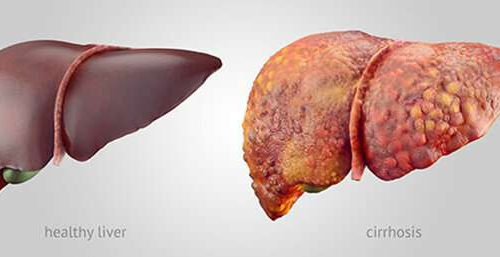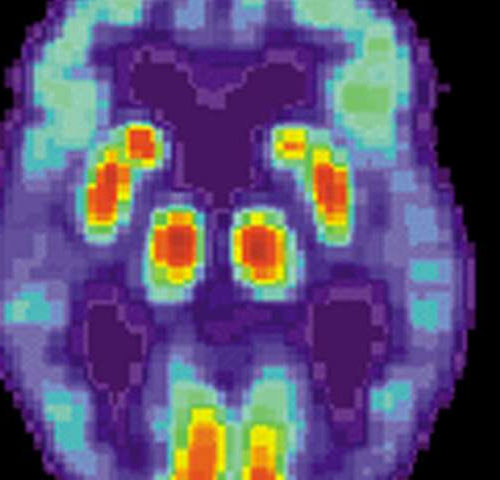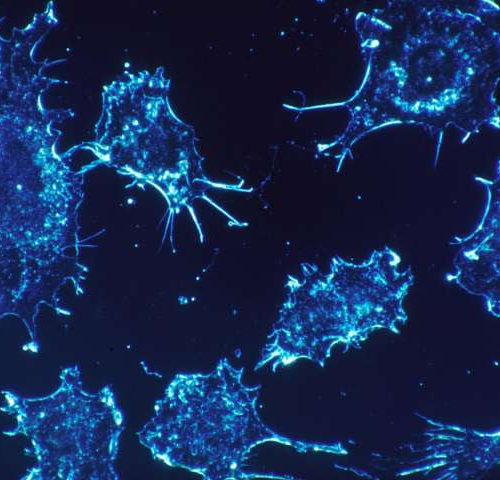In a laboratory set-up simulating the human stomach and intestine, researchers at the University of Amsterdam have explored the fate of plastic nanoparticles during gastrointestinal digestion. In a paper in the October issue of Chemosphere, they report how a range of model plastic nanoparticles interact with digestive enzymes and form agglomerates. Their exploratory findings indicate, among...
Tag: <span>gastrointestinal</span>
Antioxidant-rich foods like black tea, chocolate, and berries may increase risk for certain cancers, new study finds
by Hebrew University of Jerusalem It is a fact that has long baffled doctors: Cancer in the small intestine is quite rare, whereas colorectal cancer, a neighboring though much smaller organ, is one of the leading causes of cancer death for men and women. What is it about the colon that seems to attract cancer?...
STUFF ( quercertin) IN CAPERS ACTIVATES KEY PROTEINS IN BRAIN AND HEART
A compound common in pickled capers, quercetin, activates proteins required for normal human brain and heart activity, researchers report. In a new study in Communications Biology, the researchers report that quercetin can directly regulate proteins required for bodily processes such as the heartbeat, thought, muscular contraction, and normal functioning of the thyroid, pancreas, and gastrointestinal...
COVID-19 CAN HAVE LONG-TERM EFFECTS ON LUNGS, HEART
For some individuals with COVID-19, recovering from the acute phase of the infection is only the beginning, John Swartzberg warns. Worrying reports now indicate that the coronarvirus may be capable of inflicting long-lasting damage to the lungs, heart, and nervous system, and researchers are closely watching to see if the kidneys, liver, and gastrointestinal tract...
Researchers develop peptides for treating gastrointestinal disorders
Reviewed by James Ives, M.Psych. (Editor) Milestone for therapeutic development of peptides against gastrointestinal disorders The fascinating family of trefoil factor peptides brings hope to both research and industry to improve the treatment of chronic disorders such as Crohn’s disease. For the first time, a team led by ERC awardee Markus Muttenthaler from the Faculty...
Common anti-inflammatory drugs can cause more damage than good for runners
Physical exercising is extremely healthy for your body and mind. However, intense exercising is likely to cause some pains and, sometimes, even injuries. Runners often use non-steroidal anti-inflammatories (NSAIDs) to ease post-exercise aches, pains or injuries, but scientists from the Queen Mary’s University London and the University of Birmingham say that this might be a...
Universal gut microbiome-derived signature predicts cirrhosis
by University of California – San Diego Nonalcoholic fatty liver disease (NAFLD) is the leading cause of chronic liver disease worldwide, affecting an estimated one-quarter of the global population. It is a progressive condition that, in worst cases, can lead to cirrhosis, liver cancer, liver failure and death. In a new paper published online June...
Abnormal proteins in the gut could contribute to the development of Alzheimer’s disease
by The Physiological Society A new study published in the Journal of Physiology has shown that misfolded protein build-up in the gut could contribute to the development of Alzheimer’s-like symptoms in mice. This could suggest a new treatment approach for Alzheimer’s disease that would target the gut before symptoms of cognitive deficits appear in patients....
Raw milk may do more harm than good
Not properly stored, it’s a source of antibiotic-resistant microbes UNIVERSITY OF CALIFORNIA – DAVIS Raw or unpasteurized cows’ milk from U.S. retail stores can hold a huge amount of antimicrobial-resistant genes if left at room temperature, according to a new study from researchers at the University of California, Davis. The study also found bacteria that...
New intestinal cancer treatment approach identified
by Johannes Angerer, Medical University of Vienna A MedUni Vienna study group has identified a previously unknown mechanism involved in the development of intestinal cancer: The bacterial microbiome activates the so-called immune checkpoint Ido1 in Paneth cells, a special cell that is only found in the gastrointestinal tract, thereby preventing local intestinal inflammation. However, this...





